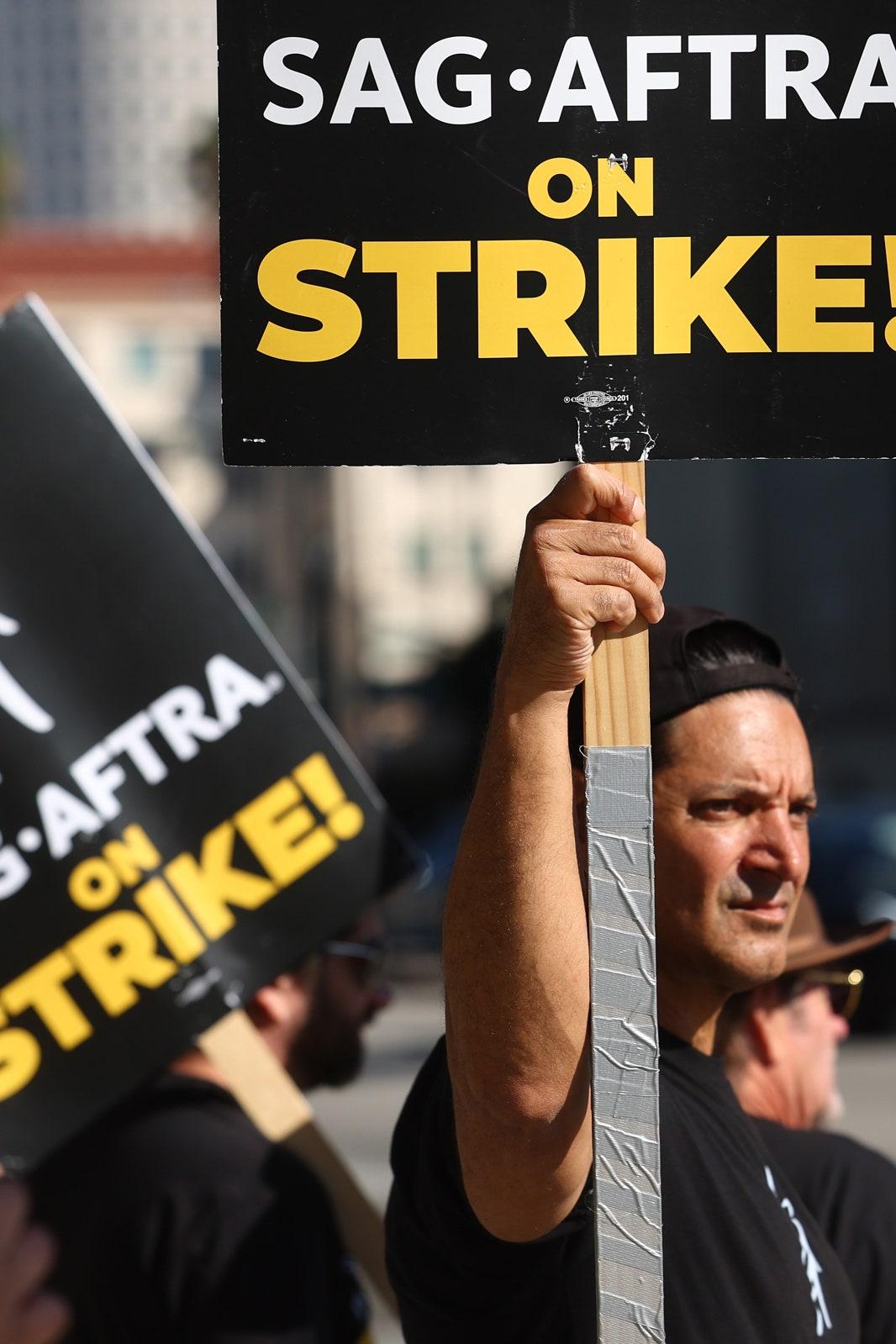Video Game Performers Are Going on Strike Over AI
In a ground-breaking turn of events, video game performers have decided to take a stand and go on strike over the increasing integration of artificial intelligence (AI) in game development. This game-changing protest sheds light on the emerging challenges faced by actors and voice artists in the gaming industry, as AI technology begins to replace the need for human performances.
Traditionally, video game performers have played a pivotal role in bringing characters to life through their voice acting, motion capture, and facial expressions. Their immense talent and dedication have been crucial in creating immersive gaming experiences that captivate players worldwide. However, the rise of AI technology has raised concerns among these performers.
One of the main reasons behind the strike is the growing use of AI algorithms to generate character dialogue and facial animations. Instead of relying on human actors to record lines and provide expressions, game developers are now implementing AI systems that can analyze and synthesize voices and visuals. While this may seem like a breakthrough in terms of efficiency and cost-effectiveness for game producers, it poses a threat to the livelihoods of video game performers.
The performers argue that their unique talents and expertise cannot be replicated by AI systems, as subtle nuances and emotions brought by real humans cannot be accurately recreated by algorithms. They claim that AI-generated performances lack the depth, authenticity, and emotional connection that their contributions bring to the virtual world.
Moreover, the performers are concerned about the long-term implications that AI integration may have on their careers. They fear that if AI continues to replace human performances, it may lead to a decline in job opportunities and a steady erosion of their professional standing within the industry.
This strike serves as a wake-up call for the gaming industry to reevaluate the consequences of relying heavily on AI technology. While AI undoubtedly offers numerous advantages, it is crucial to strike a balance that respects the invaluable skill set of video game performers.
Game developers and performers need to find a middle ground where AI systems can enhance the work of human performers, rather than replace them entirely. Collaborative efforts combining the best aspects of AI technology and human performance may lead to truly groundbreaking gaming experiences that transcend current limitations.
In response to the strike, some game studios have already shown willingness to engage in dialogue and seek a compromise that acknowledges the concerns of the performers. They recognize the importance of striking the right balance between technology-driven efficiency and the artistic contributions of video game performers.
Ultimately, this strike represents a milestone in the ongoing conversation surrounding the integration of AI in video game development. It highlights the significance of the human element in creating compelling gaming experiences and raises crucial questions about the future of video game performance.
As the strike continues, it is essential for all stakeholders in the gaming industry to come together and find innovative solutions that respect the artistic contributions of video game performers while leveraging the potential of AI technology. Achieving this delicate balance will not only ensure the longevity of the performers’ careers but also pave the way for exciting and immersive gaming experiences for players worldwide.
Hey Subscribe to our newsletter for more articles like this directly to your email.
